 We wanted to get to know Jake Poinier (NAIWE’s Freelance Expert) better, so last month we sat down with him. Here is what he shared with us.
We wanted to get to know Jake Poinier (NAIWE’s Freelance Expert) better, so last month we sat down with him. Here is what he shared with us.
Can you share some ways to market to potential clients of the caliber that you would like to work with?
My biggest and best resource is referrals, which is obviously a long-term play rather than a quick fix. Even so, you can definitely plant the seeds in clients’ heads that you welcome introductions to their peers who might benefit from your services. Research shows that most people have to be asked; it’s not automatic. Second, and related to referrals, is networking with local businesses. I’m part of a group of business owners that meets once a month and it’s been a great source for projects over the years, since I’m the only writer/editor. Third, cold-calling gets a bad rap, but I’m a fan of simply contacting local businesses that I know could use my services, such as graphic designers/web designers.
How important is it to have a website?
Incredibly important! The most marketing/advertising money I’ve spent over the years has been on my websites. For my biz, it’s not as much about attracting out-of-the-blue clients from web searches as it is presenting a professional image for people who’ve been referred. It’s also a convenient way to display a portfolio of work, rather than sending a bunch of links or files to someone. Big picture: I believe writers often make the mistake of thinking that our words alone will be enough to persuade people, but I have always spent the money on graphic designers to make my sites visually appealing and functional–and it’s been worth every penny.
Does it help to be a member of an association?
I definitely think being the member of a few associations lends credibility with prospective clients. More important, though, is what you do with that membership. Are you speaking at conferences, presenting webinars, writing blogs, volunteering, etc.? When you can mention those types of activities in casual conversation, it will make you stand out far more as an expert in your field.
__________
You don’t have to be a freelancer for long before you learn that not every client is what they first seem, and not every project goes according to plan. In this webinar, Jake Poinier outlines a real-world approach to screening prospects as well as bringing challenging clients back into line. Topics include
- Red flags to watch for
- Questions to distinguish tire-kickers from serious prospects
- Why contracts, deposits, and budgets aren’t just about the money
- How to decide when it’s time to part ways and professional ways to do it.
You can join in this conversation on February 18, at 7 pm eastern, when NAIWE will host a discussion on identifying and managing difficult freelance clients. The cost for NAIWE members is only $10! Non-members can join for $30. Register today!

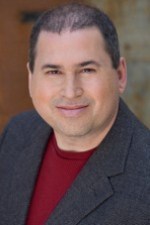 We wanted to get to know Greg Smith (
We wanted to get to know Greg Smith ( We wanted to get to know MJ Courchesne (
We wanted to get to know MJ Courchesne ( We wanted to get to know John McIntyre (
We wanted to get to know John McIntyre (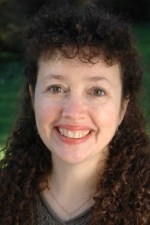 We wanted to get to know Carol Tice (
We wanted to get to know Carol Tice (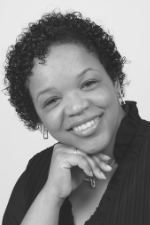 We wanted to get to know Tina Glasneck (
We wanted to get to know Tina Glasneck (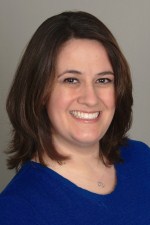 We wanted to get to know Kristen Fischer (
We wanted to get to know Kristen Fischer (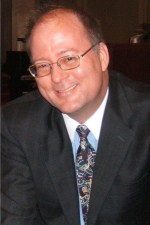 We wanted to get to know Mark Allen (
We wanted to get to know Mark Allen (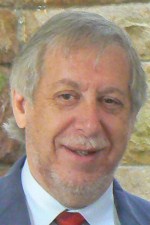 We wanted to get to know Robert Moskowitz (
We wanted to get to know Robert Moskowitz (